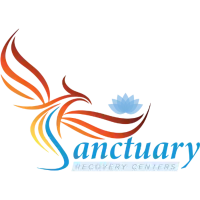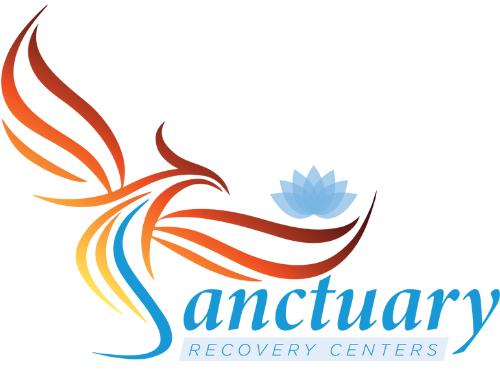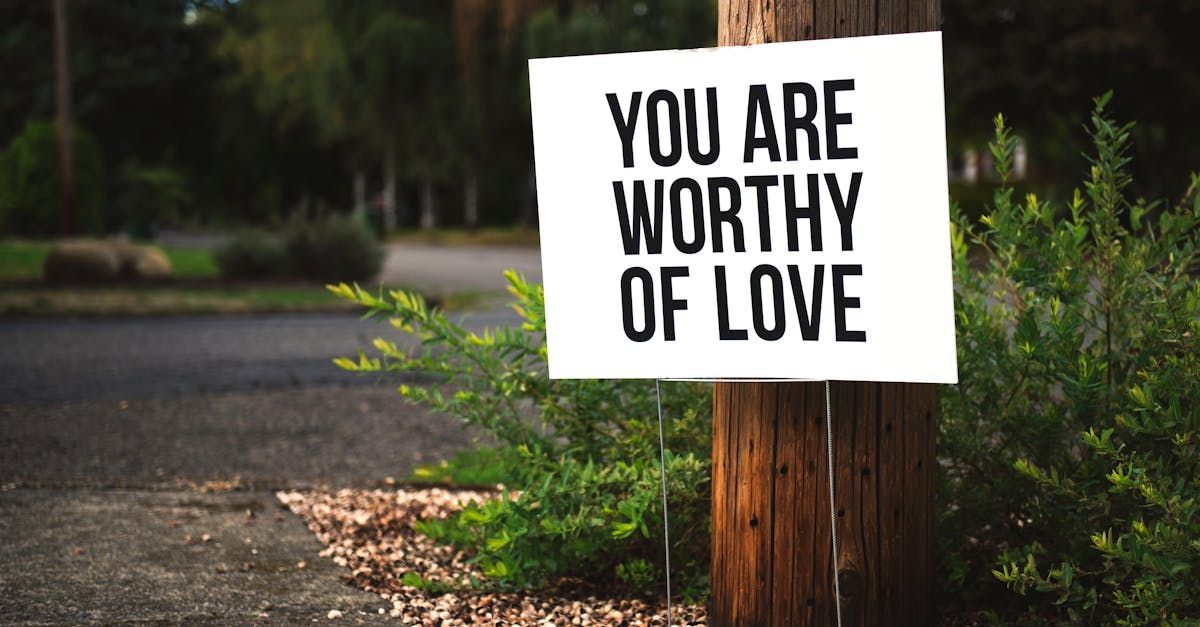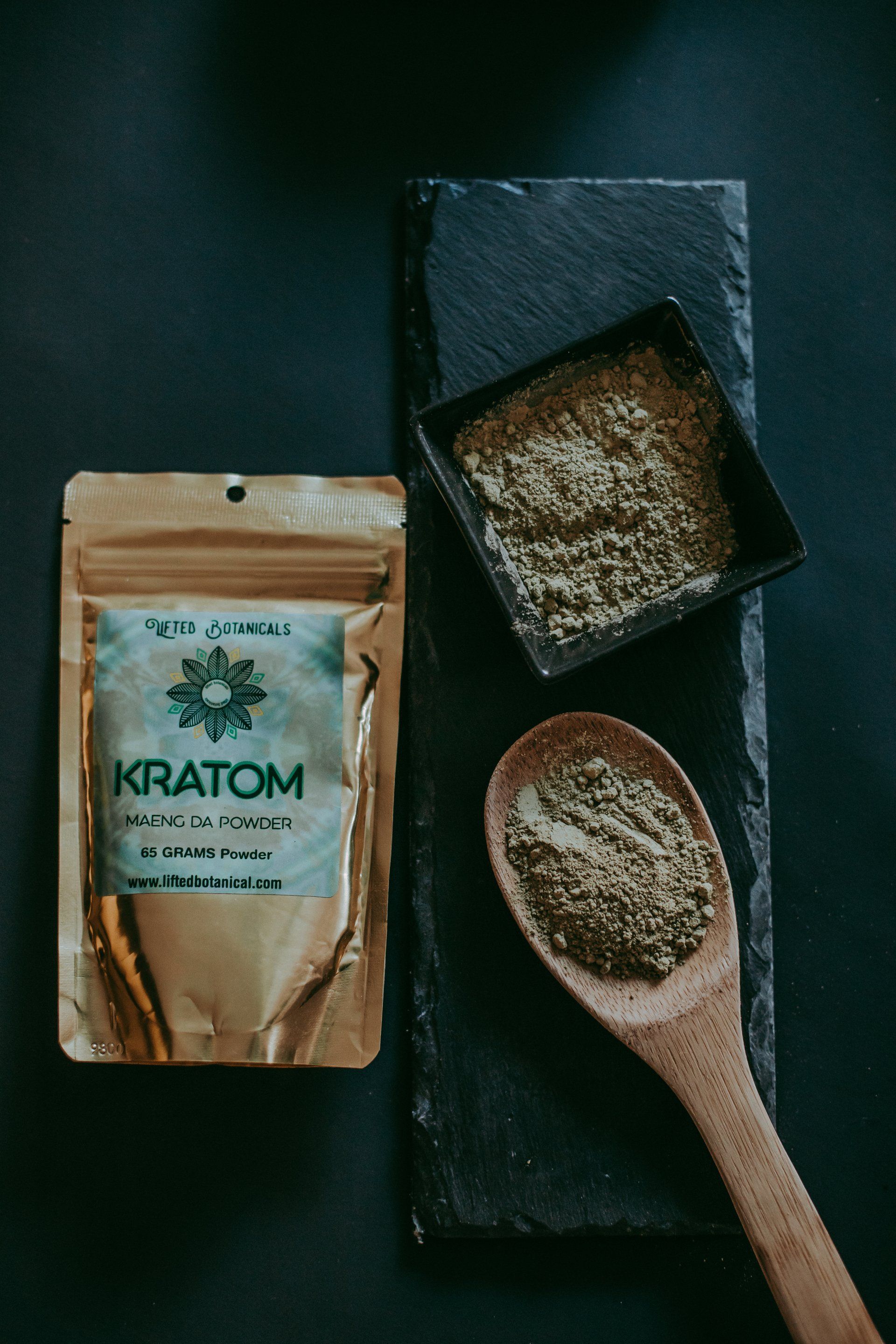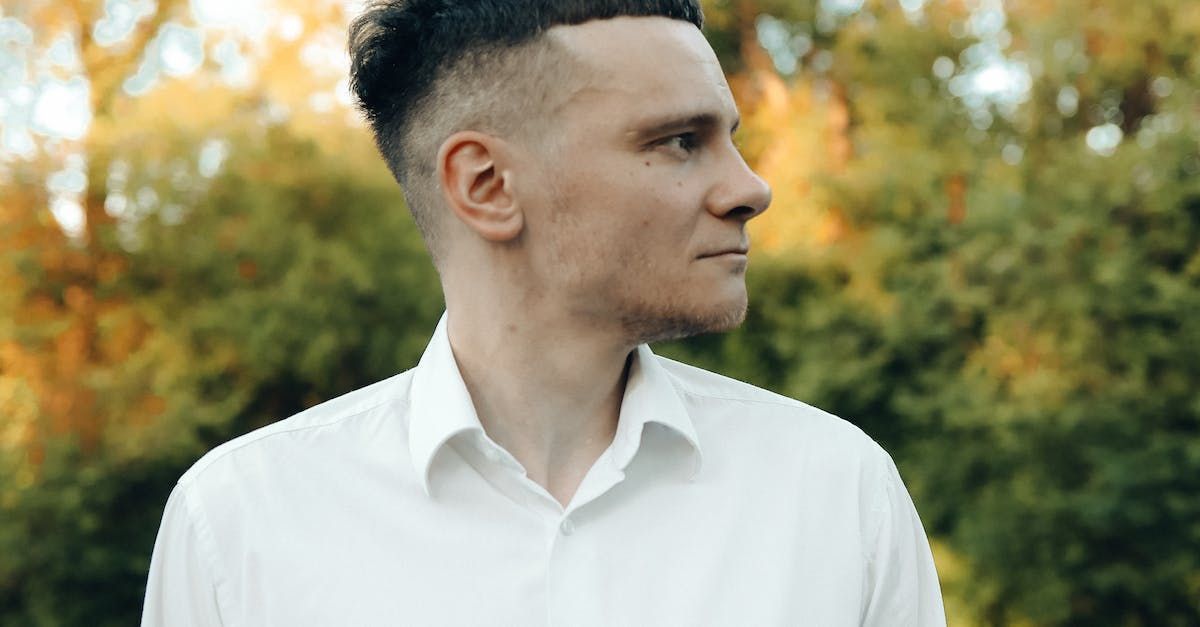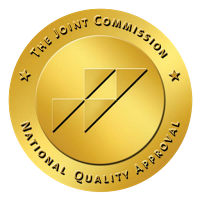Get Help With Your Addiction

How Do You Break an Addiction to Someone?
Breaking free from an emotional addiction to someone is a challenging yet essential journey for personal well-being. Dive into our guide to understand the psychology behind such attachments and discover actionable steps to reclaim your independence.
Addictions Aren’t Just Substances
Addictions aren’t just limited to substances; they can also form around people. Many of us have felt an overpowering attachment to someone, so intense that it mirrors the grip of a physical addiction.
But how do you break this bond, especially when it’s deeply emotional? In this article, we explore the intricate dynamics of being ‘addicted’ to another person, shedding light on the underlying psychological mechanisms and offering practical advice to help you navigate and heal from such relationships.
Understanding the Nature of Your Addiction
Do you fully comprehend the nature of your addiction at this point in time? Understanding the nature of your addiction is crucial in breaking free from it. Exploring the underlying emotions that contribute to your addiction is a significant step towards recovery.
By delving into your emotions, you can identify the root causes of your addiction and work towards resolving them. Another important aspect is setting boundaries. Establishing clear boundaries with the person you’re addicted to can help create distance and reduce the power they’ve over you.
It’s essential to establish limits and stick to them, as this will aid in breaking the cycle of addiction. Creating distance is also vital for your own well-being and growth. By creating physical and emotional distance, you can focus on yourself and develop healthier coping mechanisms.
Identifying and Addressing Triggers
Have you identified any triggers that contribute to your addiction? It’s important to understand the role that triggers play in maintaining addictive behaviors. Triggers can be anything from certain people, places, or situations that lead to cravings and ultimately relapse.
By identifying your triggers, you can develop coping mechanisms for managing them effectively. This may include avoiding certain people or places, finding alternative activities to engage in, or practicing relaxation techniques to reduce stress.
It’s important to remember that managing triggers alone may not be enough to break an addiction. Seeking professional help for addiction recovery is crucial. Professionals can provide guidance, support, and evidence-based treatments that address the root causes of addiction and provide tools for long-term recovery.
Building a Support System for Recovery
You can build a support system for recovery by reaching out to friends and family who can provide encouragement and understanding during this challenging time.
Seeking professional help is also crucial in the journey towards recovery. Professionals, such as therapists and counselors, can provide you with the necessary guidance and strategies to overcome addiction.
Developing Healthy Coping Mechanisms
Developing healthy coping mechanisms is another important aspect of building a support system. These coping mechanisms can include engaging in activities that bring you joy and fulfillment, practicing mindfulness and relaxation techniques, and finding healthy outlets for stress and emotions.
It’s important to remember that building a support system takes time and effort, but it can significantly increase your chances of successful recovery. If you or a loved one are struggling with drug or alcohol addiction call Sanctuary Recovery Centers in Phoenix, Arizona to get the best treatment plan to start the healing process.
The post How Do You Break an Addiction to Someone? appeared first on Sanctuary Recovery Centers.

